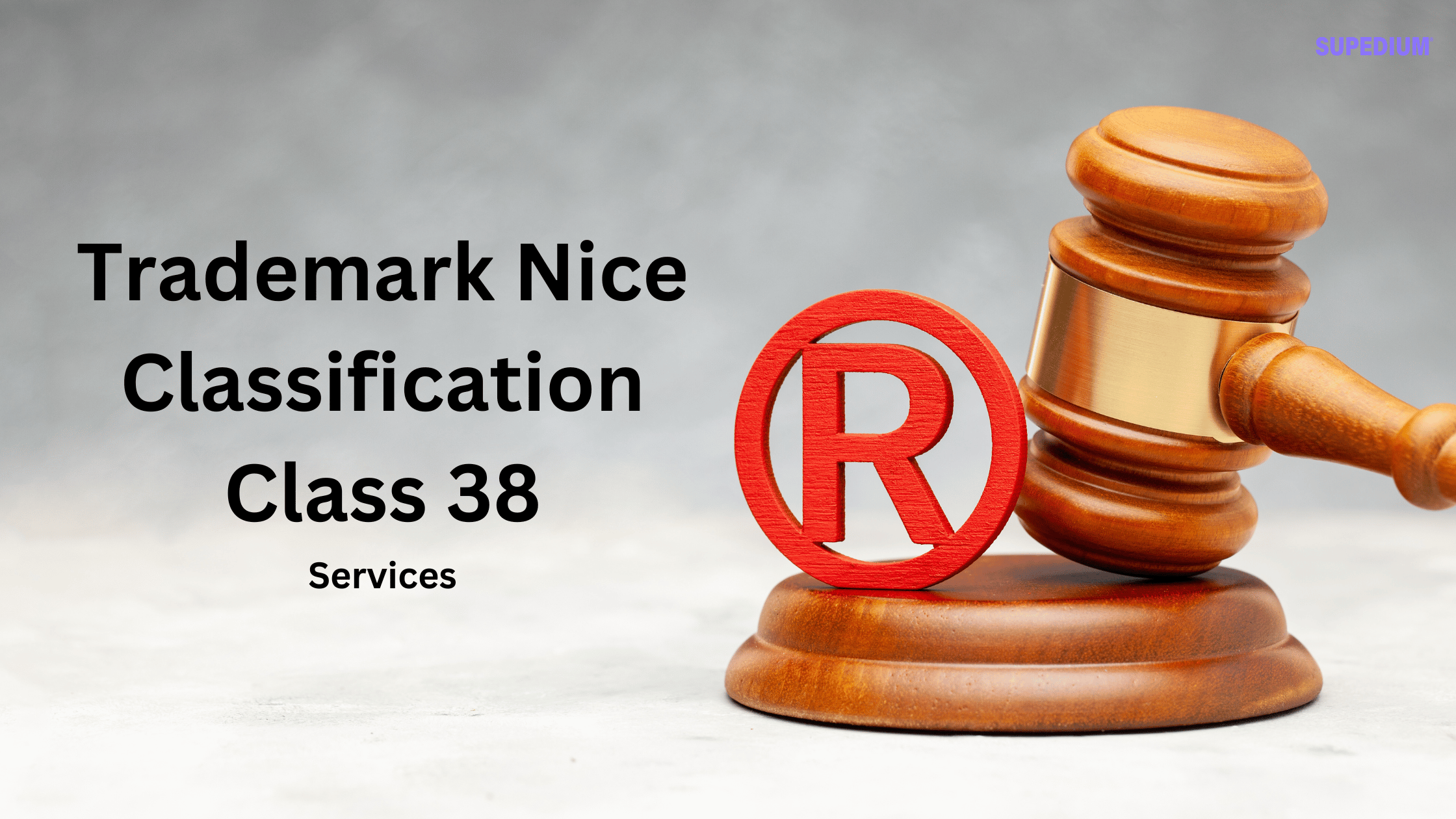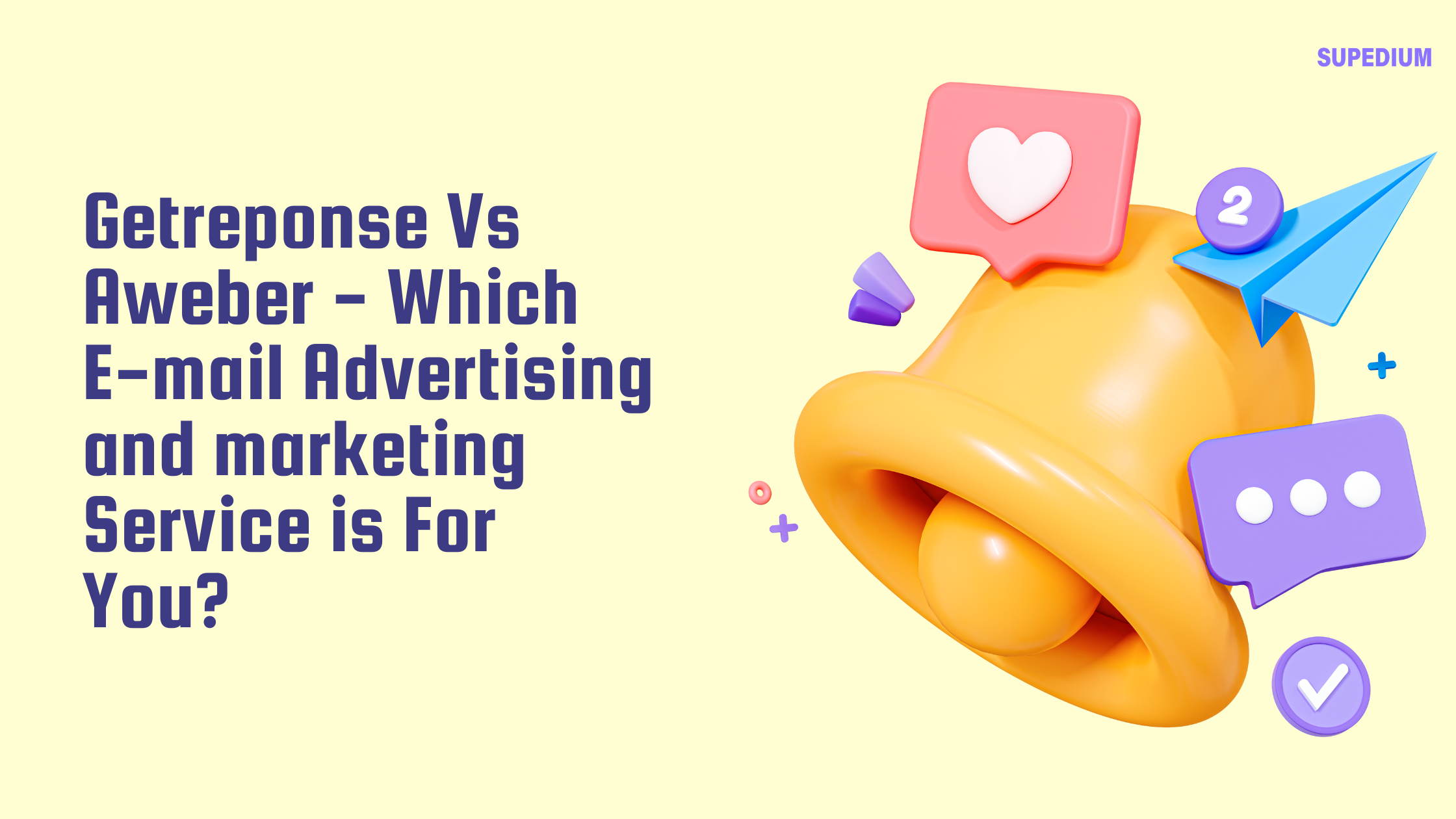Table of Contents
![]()
I. Introduction
Web3, often referred to as the decentralized web, represents a significant shift from the traditional web (Web2). Web3 is characterized by its emphasis on decentralization, user control, and blockchain technology, moving away from centralized platforms and intermediaries. Central to Web3’s vision are smart contracts, which are self-executing contracts with the terms of the agreement directly written into code. These contracts play a pivotal role in Web3, enabling a new paradigm of digital interactions and transactions.
II. Smart Contracts: Core Concepts
Smart Contracts: Definition and Function
Smart contracts are digital agreements encoded into software, running on blockchain platforms. Unlike traditional contracts, which require intermediaries for enforcement, smart contracts automate and execute agreements directly based on predefined conditions. This automation ensures that once conditions are met, the contract executes automatically without requiring manual intervention.
Technical Aspects
Smart contracts are built using programming languages designed for blockchain platforms. For instance, Ethereum, a prominent blockchain platform, utilizes Solidity as its primary language for writing smart contracts. The core functions of smart contracts involve:
- Code-Based Agreements: Smart contracts are written in code and define the rules and penalties of an agreement.
- Self-Execution: Once the conditions embedded in the contract are fulfilled, the contract executes itself, ensuring that all parties adhere to the agreed terms.
- Trustless Transactions: Smart contracts operate in a decentralized manner, eliminating the need for trust between parties. The blockchain’s immutability ensures that once a contract is deployed, it cannot be altered.
Key Components
- Code: The instructions and logic of the contract, written in a language specific to the blockchain platform.
- Conditions and Logic: The terms of the agreement, which must be met for the contract to execute.
- Execution Environment: The blockchain infrastructure on which the contract runs, ensuring transparency and security.
III. The Role of Smart Contracts in Web3
Decentralization
Smart contracts are fundamental to the decentralized ethos of Web3. By removing intermediaries, they enable peer-to-peer transactions and interactions. This decentralization not only reduces costs and inefficiencies but also enhances user control over digital interactions.
Transparency and Security
Smart contracts operate on blockchain networks, which provide transparency through public ledgers. Every transaction and contract execution is recorded and accessible, ensuring accountability. Additionally, the immutability of blockchain technology means that once a contract is deployed, it cannot be altered, safeguarding against fraud and unauthorized changes.
Automation and Efficiency
One of the key benefits of smart contracts is their ability to automate complex processes. Traditional agreements often require manual verification and enforcement, which can be time-consuming and error-prone. Smart contracts, by contrast, streamline these processes, reducing the need for intermediaries and minimizing administrative overhead.
Trust and Compliance
Smart contracts enforce the terms of agreements automatically, ensuring compliance without requiring external enforcement. This trustless mechanism aligns with Web3’s principles by relying on code and blockchain technology rather than human intermediaries.
IV. Use Cases of Smart Contracts in Web3
Financial Applications
Smart contracts are revolutionizing the financial sector through Decentralized Finance (DeFi). DeFi platforms leverage smart contracts to offer services such as lending, borrowing, and trading without traditional financial institutions. Additionally, smart contracts are used to create and manage stablecoins, which are algorithmically stabilized to maintain a fixed value.
Decentralized Autonomous Organizations (DAOs)
DAOs are organizations governed by smart contracts rather than human management. Smart contracts manage decision-making processes, fund management, and voting systems within DAOs, allowing for decentralized and democratic governance structures.
Supply Chain Management
In supply chain management, smart contracts enhance transparency and efficiency. They can automate the tracking of goods from production to delivery, verify authenticity, and manage procurement processes. This automation reduces fraud and errors while providing real-time visibility into the supply chain.
Digital Identity and Personal Data
Smart contracts contribute to the development of self-sovereign identities, where individuals control their digital identities and personal data. Smart contracts can manage access control and data sharing securely, giving users greater control over their personal information.
Intellectual Property and NFTs
Smart contracts play a crucial role in managing intellectual property and non-fungible tokens (NFTs). They ensure ownership and provenance of digital assets and automate royalty payments for creators. This application is particularly transformative for artists and content creators, providing a transparent and efficient way to manage their work.
V. Challenges and Limitations
Technical Challenges
Despite their potential, smart contracts face several technical challenges. Coding errors and vulnerabilities can lead to exploits and unintended outcomes. Additionally, scalability issues can affect performance, especially on blockchain platforms with high transaction volumes.
Legal and Regulatory Challenges
The legal status of smart contracts and their compliance with existing laws remains complex. Jurisdictional concerns arise due to the borderless nature of blockchain technology, and there is ongoing debate about how smart contracts fit within existing regulatory frameworks.
Adoption and Integration
Integrating smart contracts with legacy systems can be challenging, particularly for non-technical users. The complexity of smart contract development and deployment may hinder widespread adoption and use.
VI. Future Prospects and Innovations
Advances in Smart Contract Technology
Future advancements in smart contract technology include upgradable contracts and improved interoperability between different blockchain platforms. Integration with emerging technologies, such as artificial intelligence (AI) and the Internet of Things (IoT), promises to enhance the functionality and application of smart contracts.
Evolving Use Cases and Applications
As the technology matures, smart contracts are expected to expand into new industries and applications. Enhanced features and capabilities will likely drive innovation in areas such as automated legal services, decentralized marketplaces, and more.
Impact on Web3 Ecosystem
Smart contracts are integral to the evolution of decentralized applications (dApps) and the broader Web3 ecosystem. Their ability to automate and enforce agreements without intermediaries is transforming business models and user experiences, paving the way for a more decentralized and user-centric web.
VII. Conclusion
Smart contracts are a cornerstone of the Web3 movement, embodying the principles of decentralization, transparency, and automation. They are reshaping various industries by enabling trustless transactions and reducing the need for intermediaries. Despite the challenges and limitations, the future of smart contracts holds immense potential for innovation and transformation in the digital world. As Web3 continues to evolve, smart contracts will play a pivotal role in shaping the future of decentralized interactions and applications.
Share This





Be the first to comment